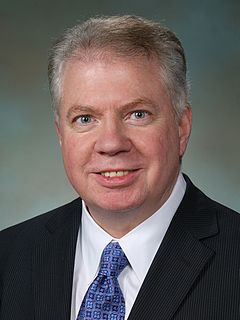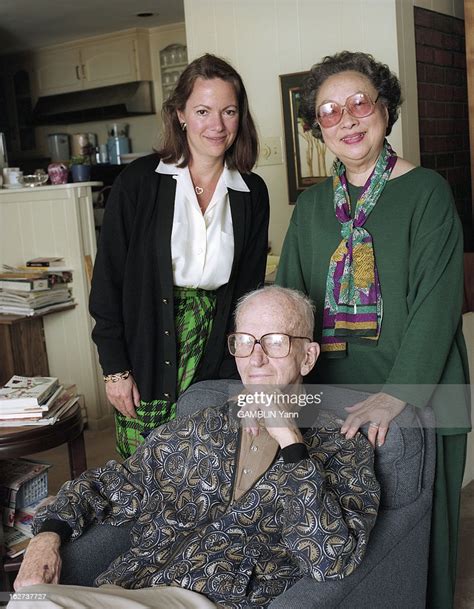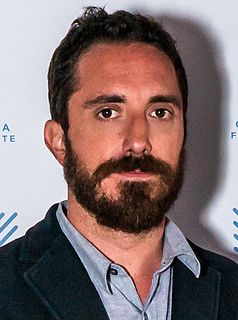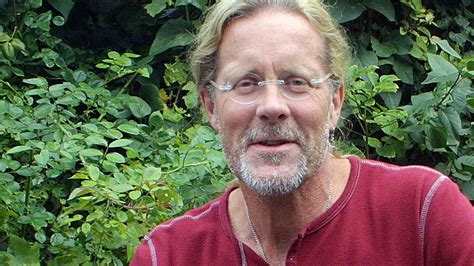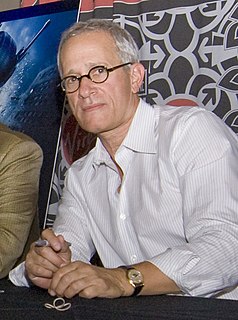A Quote by Ridley Scott
In my view, the only way to see a film remains the way the filmmaker intended: inside a large movie theater with great sound and pristine picture.
Related Quotes
In the theater the audience is generally riveted to a single angle of observation. The movie director, though, can rapidly shift from objective to subjective--and to any number of subjective points of view--and in so doing seem to pull the audience directly inside the frame of his picture, giving the spectator the sense of experiencing an action from the viewpoint of a participant. Identification of the viewer with the film character, then, can be much more intimate than the analogous situation in the theater.
Michael made his debut in John Carpenter's 1978 horror classic, Halloween, possibly the best scare movie to come along in the last twenty-five years. With the release of the sixth (and hopefully final) movie to bear the Halloween moniker, we see how far the mighty have fallen. In the final analysis, The Curse of Michael Myers is a horrific motion picture just not in the way the film makers intended.
Silence Of The Lambs? is a ?fantastic? film. It's a horror film, and it's an incredibly well-told film that is about point of view in such a unique way. The way that film is shot, the way the eyelines are so close, if not directly into camera, betrays an intimacy with the characters and the audience.
With The Exorcist we said what we wanted to say. Neither one of us view it as a horror film. We view it as a film about the mysteries of faith. It's easier for people to call it a horror film. Or a great horror film. Or the greatest horror film ever made. Whenever I see that, I feel a great distance from it.
I would make a huge distinction between theater improvisation and film improvisation. There isn't much improvisation in film - there's virtually none. The people that theoretically could be good at this in a theater situation don't necessarily do this in a film in a way that will work, because it's much broader on a stage. But in a movie, it has to be real, and the characters have to look entirely real because it's being done as a faux documentary, so there are even fewer actors that can do that on film.
The essence of the cinema that I'm interested in is a combination of love, rage, and curiosity. Sometimes it's hard to see those intentions, or maybe it's hard to portray them on film in a way that doesn't sound too preachy or irrelevant. So instead of saying it out loud, you say it multiple times in the movie by hiding it. You get a sensation after you see the whole film throughout yourself.
My job on a film is to be responsible for all the sounds in the movie besides the music. Together with my team, we work on the dialogue, foley, sound effects, and sound design. We work closely with the director and picture editor in the prep period, and then together with them, the sound mixers, and music crew, we collaborate on the final mix of the film.

